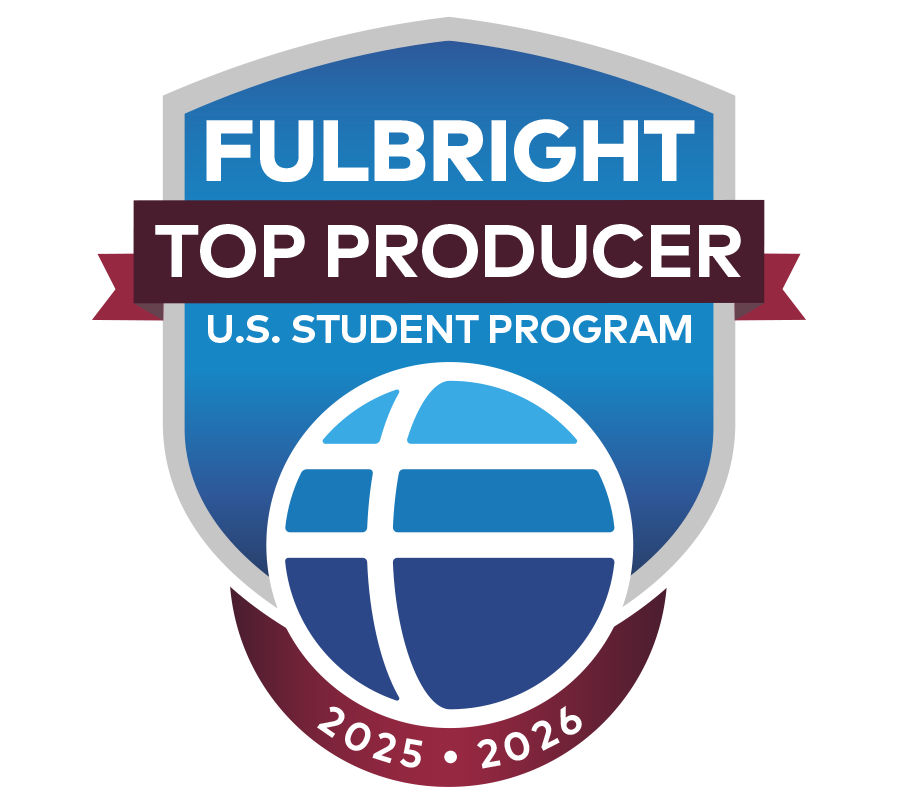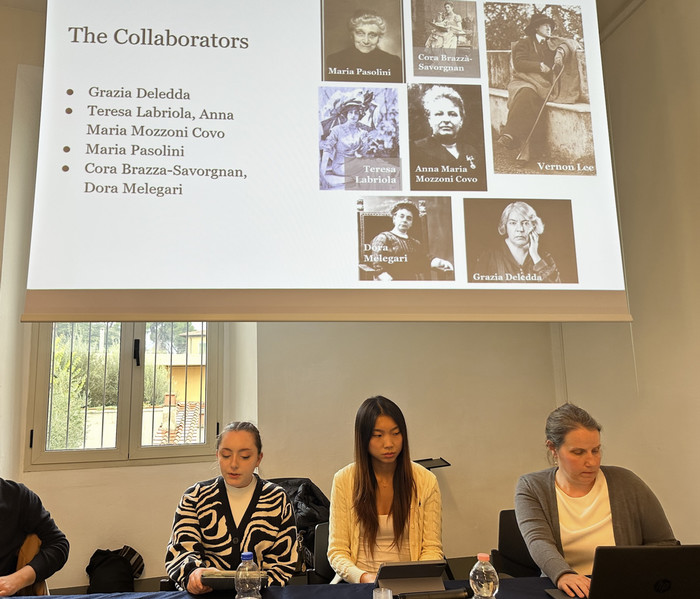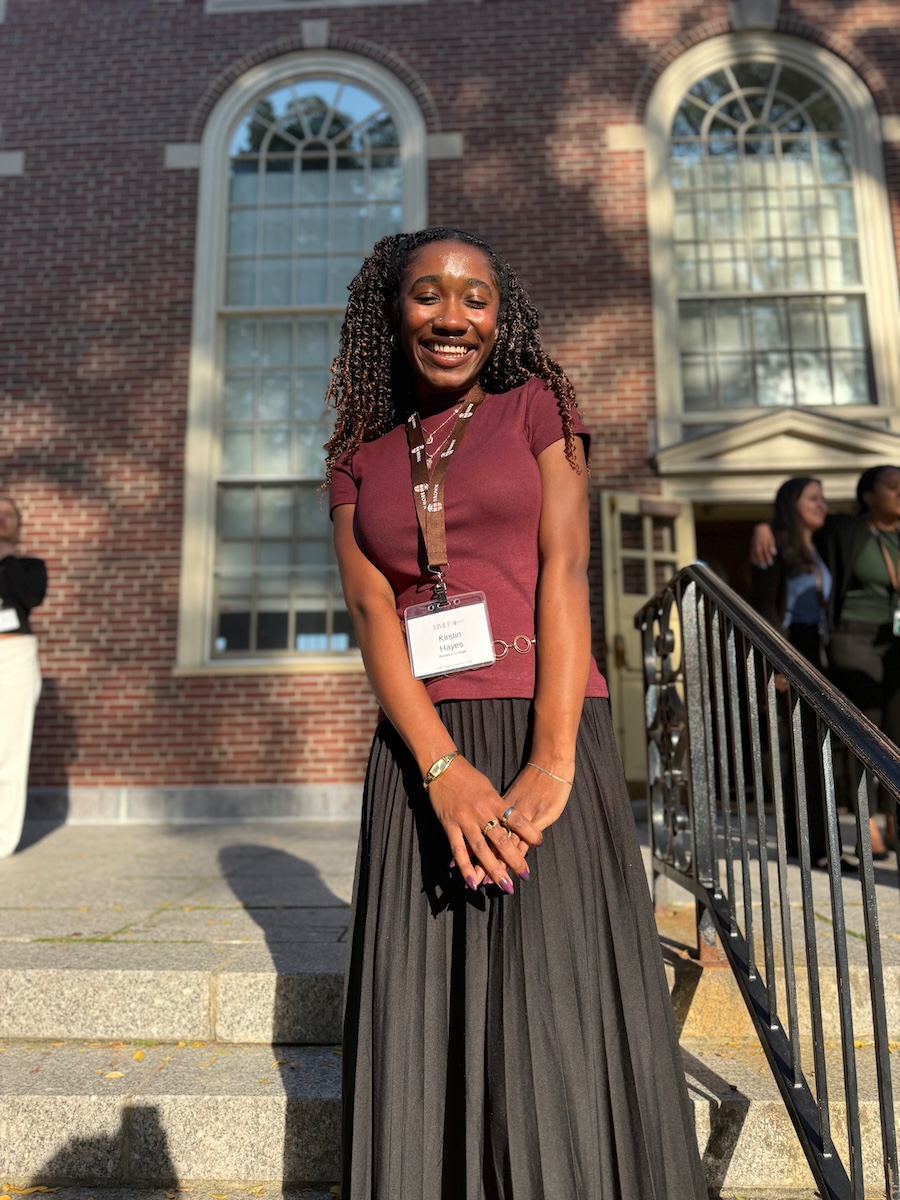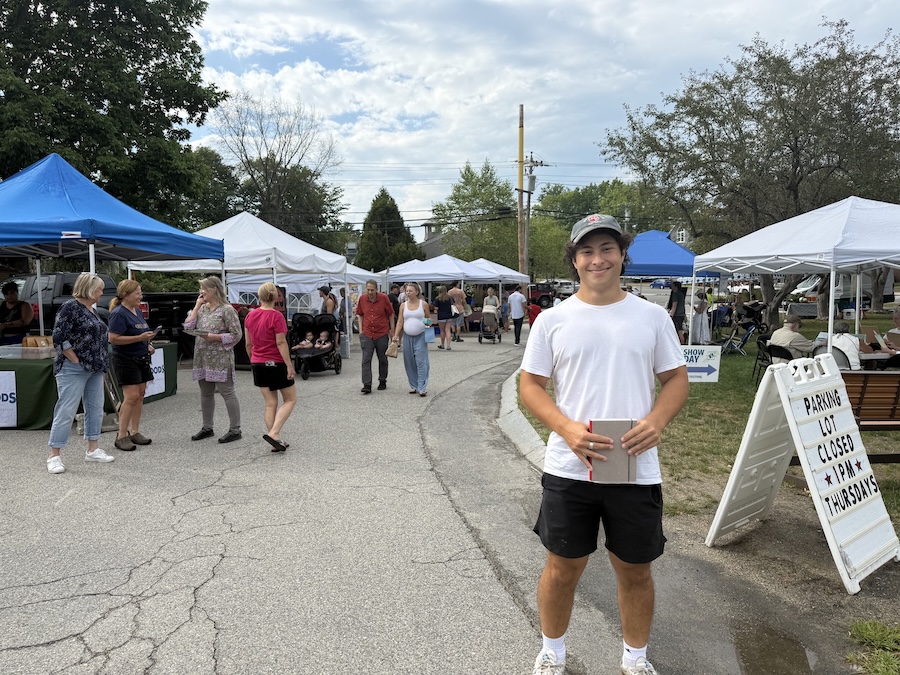Zoe Borenstein ’18 Peers Into History to Better Understand Ocean Acidification
By Rebecca GoldfineThe increasing acidification of the oceans is threatening marine ecosystems, including Maine's commercially important shellfish.
Video by Zoe Borenstein '18
This summer, Zoe Borenstein, an earth and oceanographic science and religion double major, received a Freedman Summer Research Fellowship in Coastal/Environmental Studies to help Assistant Professor of Earth and Oceanographic Science Michèle LaVigne investigate this phenomenon.
More than just looking at what is happening right now, they are also peering back into time. Using clues from the chemical composition of shells — which can show how such factors as ocean pH, salinity, and water temperatures have changed over time — they are trying to reconstruct the Gulf of Maine's climate history.
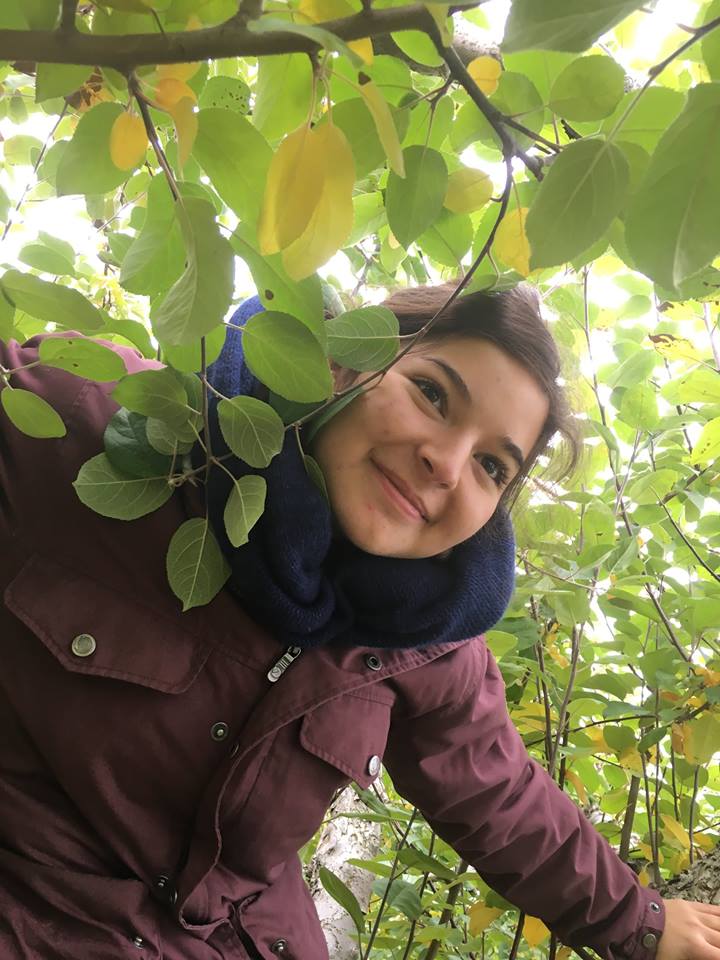
To better understand the Gulf's climate and environmental conditions from long ago, Borenstein began by studying soft-shell clams, both current and ancient ones. She collected some of her samples from a local midden, an ancient waste heap created by Native Americans between 2,200 and 1,000 years ago. These preserved piles of rubbish consist mainly of shells from the clams, mussels, and oysters the people once ate.
Borenstein began to piece together the chronology of the clams by studying the pattern of light and dark bands on their shells, which correlate with seasonal growth patterns. Then she analyzed the shells' chemical make up. Certain elements in the shell can potentially indicate the environmental and climatic conditions in which the clams once lived.
"So far, there does appear to be a correlation between dark bands and high concentrations of barium and strontium, potentially meaning these elements were more abundant in winter months...which means they could serve as temperature proxies," Borenstein explains. "Such proxies might serve as incredibly useful tools for reconstructing the historic climate of the Gulf of Maine."
Read about Bowdoin's other 2017 Freedman fellow, Madeline Schuldt.
